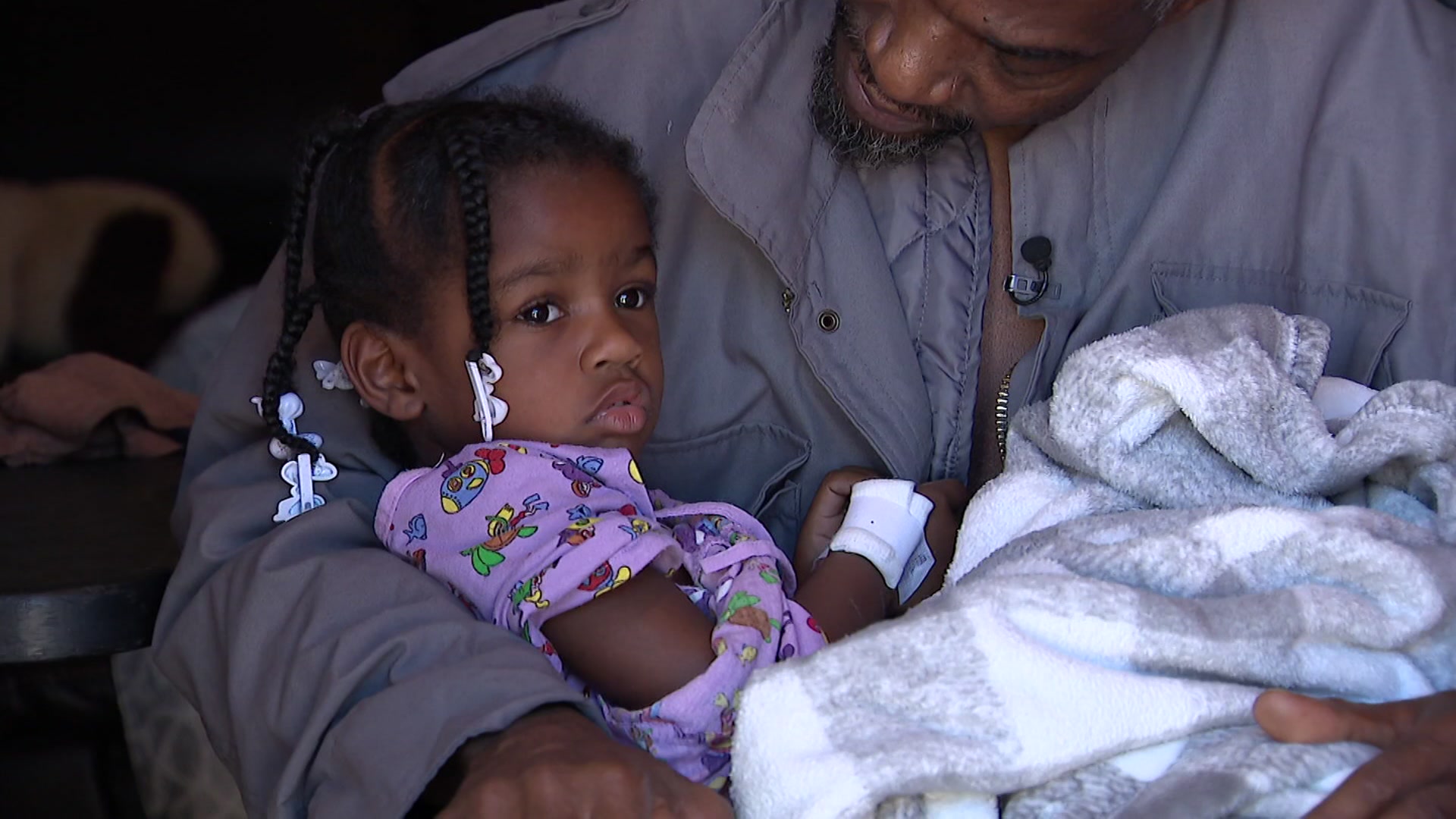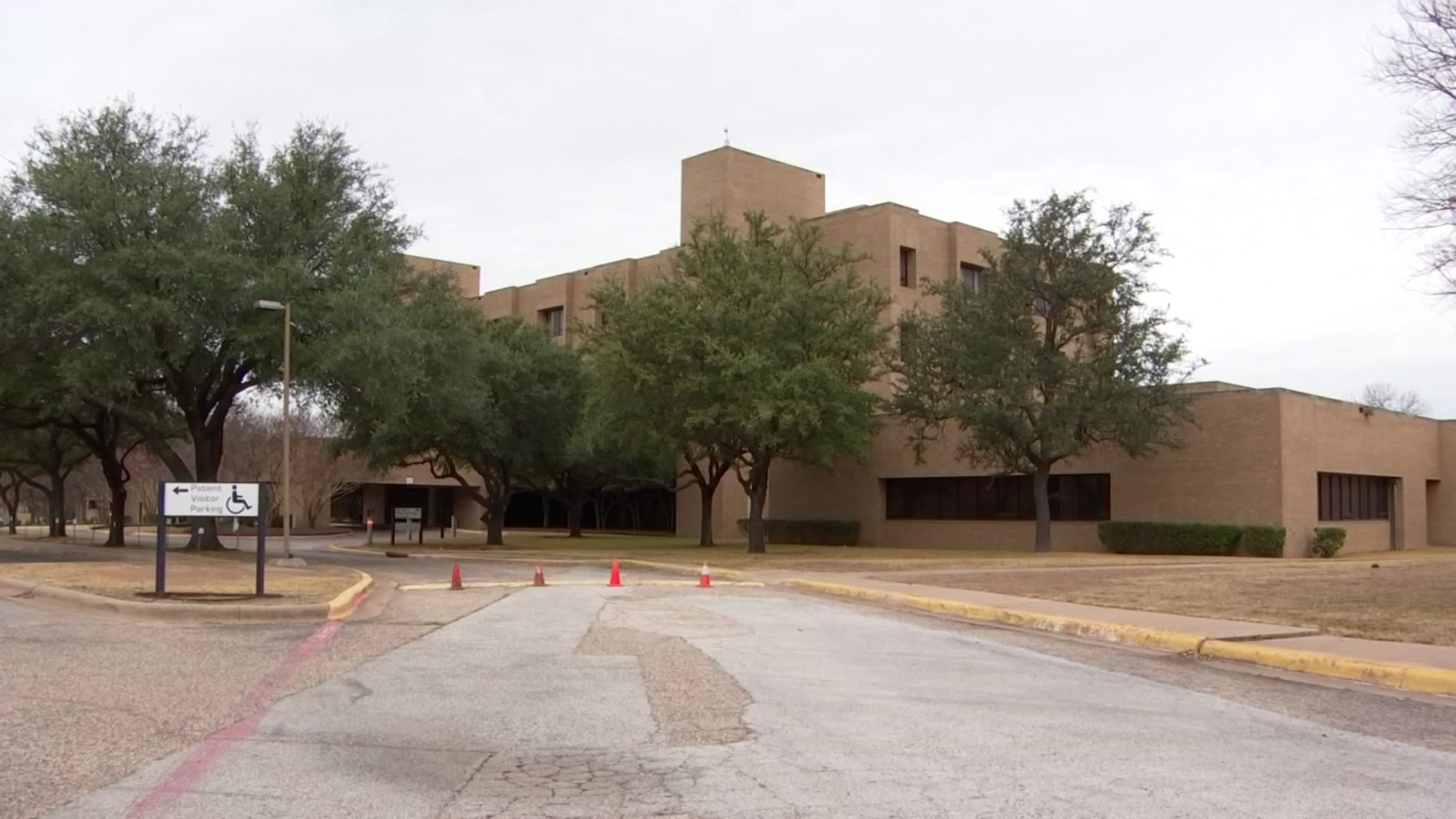After years of fighting, the Dallas City Council today unanimously endorsed the state plan to replace the elevated highway known as I-345, that divides downtown from Deep Ellum. Ken Kalthoff reports on the future.
After years of bitter fighting the Dallas City Council Wednesday unanimously endorsed the state plan to replace Interstate 345, but there was a catch that could one day reverse the endorsement.
The unmarked, elevated roadway separates downtown Dallas from Deep Ellum, linking Interstate 45 to the south with U.S. 75 Central Expressway to the north.
Watch NBC 5 free wherever you are
The compromise -- meant to appease critics who want the road removed entirely -- calls for an additional independent study of the potential benefits and whether funding could be found to pay for removal.
Supporters say traffic from the highway could move to a new grid of surface-level boulevards, clearing more land for new housing and restoring neighborhoods destroyed when the road was built.
Get top local stories in DFW delivered to you every morning with NBC DFW's News Headlines newsletter.
“It’s not just a transportation issue. It’s a social issue. It’s a community issue. It’s a historical issue,” downtown resident Caleb Roberts said.
After so much debate over the years, supporters of the boulevard option lined up again before the city council vote in person and online.
“We’ve got a once-in-a-generation chance to tear a scab off of some of the most valuable parts of the city and allow it to heal into a happier, more healthy and prosperous part of the city,” said Nate Hemby with the group Dallas Neighborhoods for Housing.
Local
The latest news from around North Texas.
Critics of the state plan say it was devised by the Texas Department of Transportation.
“TxDOT has a duty to move cars. We as a city have a fiduciary duty to do other things. We want to move cars but we want to do other things. We want to find housing for people closer to jobs,” Councilman Chad West said.
Transportation planners say the aging road carries 180,000 vehicles a day and must be replaced. They’ve said removing it entirely would violate federal law and would not be approved by the state.
Michael Morris with the North Central Texas Council of Governments said removing the roadway would hurt downtown Dallas.
“I don’t see where the capacity for economic development is going to come from when the thoroughfare street is being used for traffic that used to be on the freeway system,” Morris said.
The state plan calls for a below-grade replacement like Central Expressway to the north, with fewer access ramps and a smaller path. Deck parks and even buildings could be constructed over the roadway.
“This is not a perfect solution, but at the end of the day what we can say if we support this is that today TxDOT and the City of Dallas have decided to take down a highway and we’re going to put something better there in its place,” West said.
Council members said the revised state plan offers much of what boulevard supporters want.
“So as frustrating as this may be, we must now make lemonade from this situation,” Council Member Jaynie Schultz said.
Council Member Cara Mendelsohn said the critics should recognize that eliminating the roadway will not happen.
“People who’ve decided to make this their passion project, I would highly advise them to focus on what it can be with these other options with the decking, with the capping. There’s a lot of great things that can happen,” Mendelsohn said.
The compromise that helped achieve the unanimous vote was instructing the city manager to seek funding for additional study not conducted by the state transportation agency.
Councilman Omar Narvaez said the amendment also requires TxDOT compliance with recently adopted Dallas climate, racial equity and economic development plans, inclusion of capping options in initial designs and bi-annual briefings to the city.
“Based on the outcome of studies and pursuant to the availability of funding, city reserves the right to fully or partially withdraw its support of the refined hybrid option recommended by TxDOT,” Narvaez said.
Councilman Paul Ridley who represents portions of the I-345 path, agreed to drop his opposition with those stipulations.
“I will support this resolution as it has been amended because I think it is the best path forward at this point in time,” Ridley said.
Boulevard supporters said they believe there is federal money available for studies of highway impediments to reconnecting neighborhoods.
But city officials said the state will require repayment for the cost of design work that will begin now as well as the cost of land if the city someday tries to reverse Wednesday’s vote.



